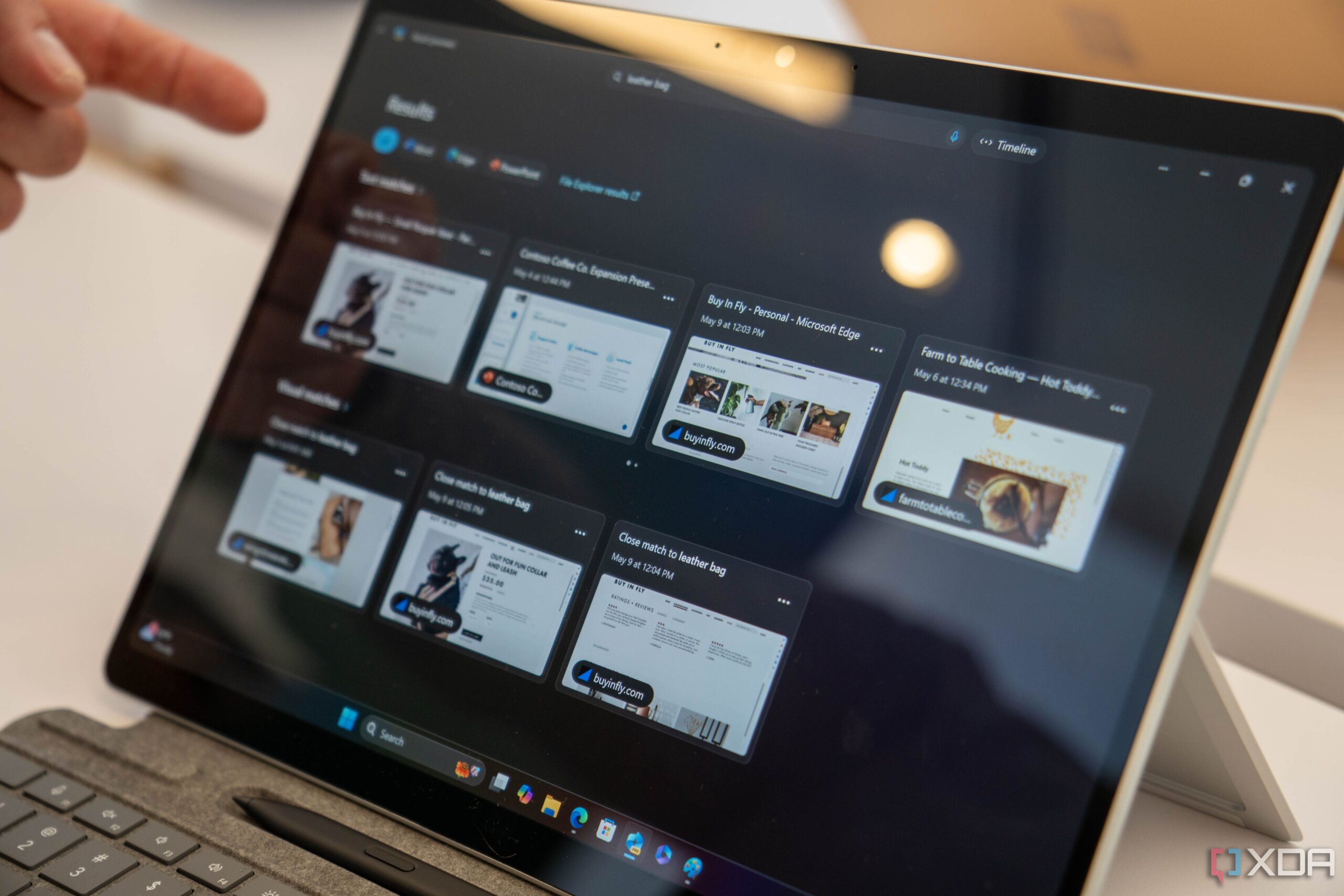URGENT UPDATE: Growing concerns over Microsoft’s Recall feature are raising alarms about the security of clipboard managers. Users are urged to reconsider the safety of their clipboard data as the potential for exploitation looms large.
Recent reports confirm that Microsoft’s Recall, designed to monitor and save all activity on PCs, has been labeled “spyware” by many due to its ability to capture sensitive information. With its April 2025 relaunch, Microsoft introduced security enhancements, but skepticism remains. Users must now question whether clipboard managers, which save all copied data, are any safer.
Clipboard managers function similarly to Microsoft’s Recall, storing everything users copy, including passwords and confidential documents. The risk that this data could be accessed by malicious actors is significant, particularly as the ransomware industry is projected to reach a staggering $250 billion within five years. As experts emphasize, any tool that retains sensitive information on your PC poses a potential threat.
“If you’re worried about Recall, then analyze the other software you use.”
Microsoft’s Recall, initially launched with minimal security safeguards, came under fire when users discovered it stored unencrypted screenshots in a local database. These screenshots could easily expose sensitive data, prompting Microsoft to revamp the feature following a backlash. The new version now employs encryption and requires users to opt in, addressing some of the privacy concerns raised by critics.
However, many users are still uneasy about the implications of having their digital lives recorded in a database, even with these improvements. Privacy-focused applications have taken a stand against Recall, raising flags about the implications for user security.
Clipboard managers, often considered productivity tools, may not offer the same security assurances. While built-in Windows clipboard history allows users to save recent items, third-party managers can store an indefinite amount of copied data. This flexibility can be appealing, but it comes with a price—potential exposure of sensitive information.
Every time users copy passwords, API keys, or other confidential data, they risk handing it over to clipboard managers that might not be securely designed. The SANS Technology Institute has reported various types of sensitive information that could be stored in clipboard histories, from passwords to private URLs.
Some clipboard managers, such as Ditto, currently lack encryption, raising further concerns. While certain applications are designed to auto-delete sensitive information after a set period, the absence of robust security measures leaves users vulnerable to cyber threats.
With the threat landscape evolving, users must exercise caution. If concerns about Microsoft Recall resonate, the same vigilance should be applied to clipboard managers. Cybersecurity experts warn that if malware infiltrates a user’s system, it can capture sensitive data regardless of whether Recall is active.
As users consider their digital privacy, the lessons from Microsoft’s Recall serve as a critical reminder: protecting sensitive data should be a top priority, whether it’s through built-in features or third-party applications. The urgency to reassess the safety of these tools has never been more pressing.
Stay tuned for more updates on this developing story as experts continue to analyze the implications of clipboard managers in the context of user security.
